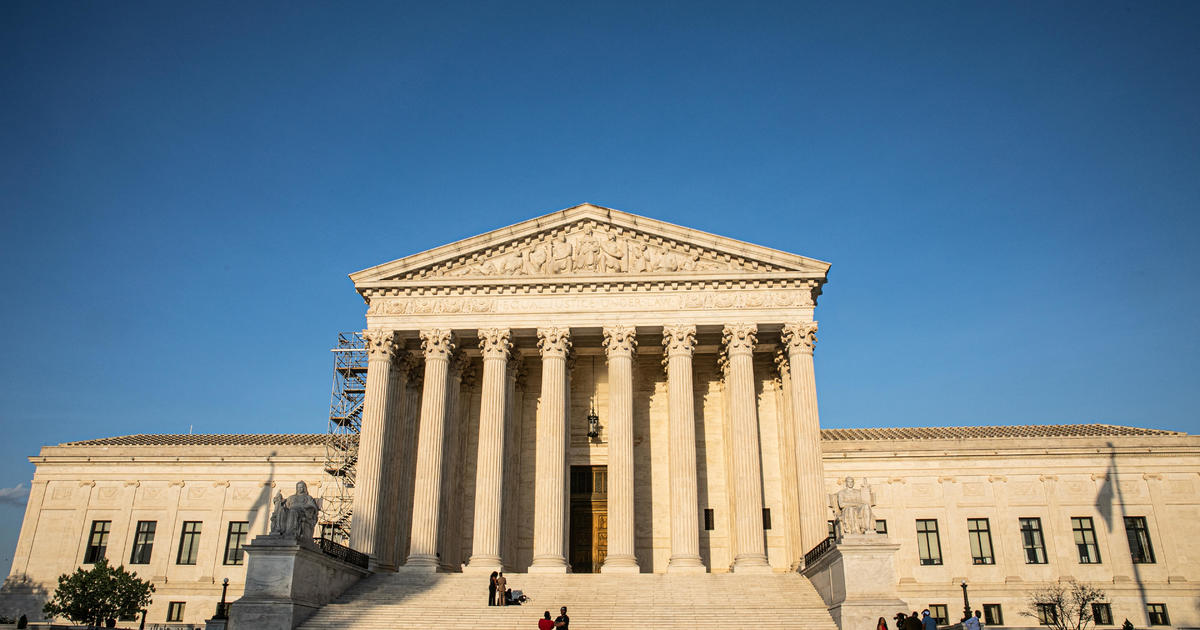Key takeaways:
- The Supreme Court’s ruling is a major victory for voting rights, and a major setback for those who seek to dilute the voting power of minorities.
- The Voting Rights Act of 1965 is still a powerful tool in the fight against racial gerrymanders, and the Supreme Court is willing to uphold its protections.
- The ruling is a reminder that the Voting Rights Act of 1965 is still a powerful tool in the fight against racial gerrymanders.
The Supreme Court ruled Thursday to uphold the Voting Rights Act’s protection against attempts to dilute the voting power of minorities, dismissing Alabama’s attempt to create a standard that would make it nearly impossible to challenge such gerrymanders in the future.
The ruling came in response to Alabama’s redistricting plan for the state’s seven House seats after the 2020 Census, which the court found likely violated a key provision of the Voting Rights Act of 1965. The opinion was authored by Chief Justice John Roberts, and was joined by the three liberal justices and Justice Brett Kavanaugh.
The decision is a major victory for voting rights, as it sustains one of the last remaining tools to fight racial gerrymanders. The court affirmed a lower court opinion that found it substantially likely that the redistricting plan would have the effect of diluting the voting power of minorities in the state.
The Voting Rights Act of 1965 was passed to protect the voting rights of minorities, and has been a major tool in the fight against racial gerrymanders. The Supreme Court’s ruling is a major victory for those who seek to protect the voting rights of minorities, and a major setback for those who seek to dilute their voting power.
The Supreme Court’s ruling is a major victory for voting rights, and a major setback for those who seek to dilute the voting power of minorities. It is a reminder that the Voting Rights Act of 1965 is still a powerful tool in the fight against racial gerrymanders, and that the Supreme Court is willing to uphold its protections.



Be First to Comment